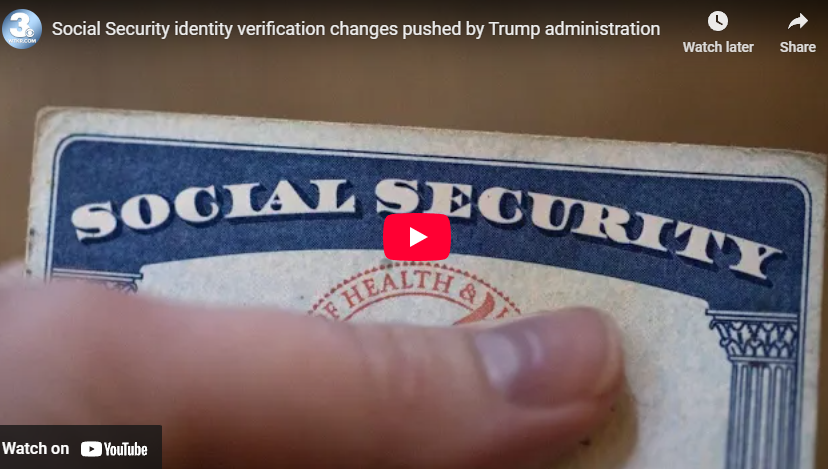Decoding the Cost and Value of CAPS Certification
As we, Generation X, navigate the complexities of midlife, the concept of “aging in place” has become increasingly relevant. Indeed, caught between caring for aging parents and planning for our own futures, understanding the nuances of home modifications is crucial. Therefore, the Certified Aging-in-Place Specialist (CAPS) emerges as a vital resource. But what does it truly cost, and more importantly, is it a worthwhile investment?
To begin, let’s break down the numbers. The NAHB’s CAPS program, a recognized standard in the industry, offers certification to professionals who specialize in designing and modifying homes for older adults. Here’s a clear breakdown of the costs, extrapolated from the NAHB’s official course expense page: https://www.nahb.org/education-and-events/education/credentials/certified-aging-in-place-specialist-caps/how-to-earn-your-caps
- For NAHB Members:
- Course Fees: $1125
- Certification Fee: $85
- Total: $1210
- For Non-Members:
- Course Fees: $1425
- Certification Fee: $170
- Total: $1595
While these figures may initially appear to be a significant outlay, consider them, instead, as an investment in expertise that can yield substantial returns, both financially and in terms of peace of mind.
“So, what exactly is a CAPS?” you might ask. A fair question. In essence, a CAPS professional understands the specific needs of older adults within their living spaces. Moreover, it extends beyond simply installing a grab bar. They design for wider doorways, accessible kitchens, and lighting that minimizes the risk of falls. In other words, a CAPS professional assesses the entire picture. Subsequently, they create a comprehensive plan and connect you with the appropriate contractors.
Undoubtedly, we have all encountered cringe-worthy DIY attempts at “aging in place.” For instance, someone installs a ramp that is excessively steep, or a handrail that is not securely fastened. Conversely, a CAPS professional ensures both safety and functionality, thereby preventing costly mistakes and potential injuries.
Why, then, does this matter now? We are at a stage where we are contemplating our own futures while simultaneously caring for aging parents. Consequently, we are the sandwich generation, juggling careers, children, and aging parents. Therefore, managing a major home renovation is often an overwhelming prospect. Instead, a CAPS professional provides an invaluable lifeline. Furthermore, this generation is on the cusp of experiencing the largest surge of aging adults in history. Critically, this is not solely about our parents; it is also about our own future.
Fortunately, finding a qualified CAPS professional is relatively straightforward. The National Association of Home Builders (NAHB) offers a directory of certified professionals. Additionally, networking with healthcare providers, remodelers, and senior-focused organizations can provide valuable referrals.
Ultimately, the demand for CAPS professionals is poised to increase significantly. As we age, we aspire to maintain our independence and remain in our homes. Whether you are contemplating modifications for your parents or planning for your own future, investing in a CAPS certification or hiring a certified professional represents an investment in peace of mind.










